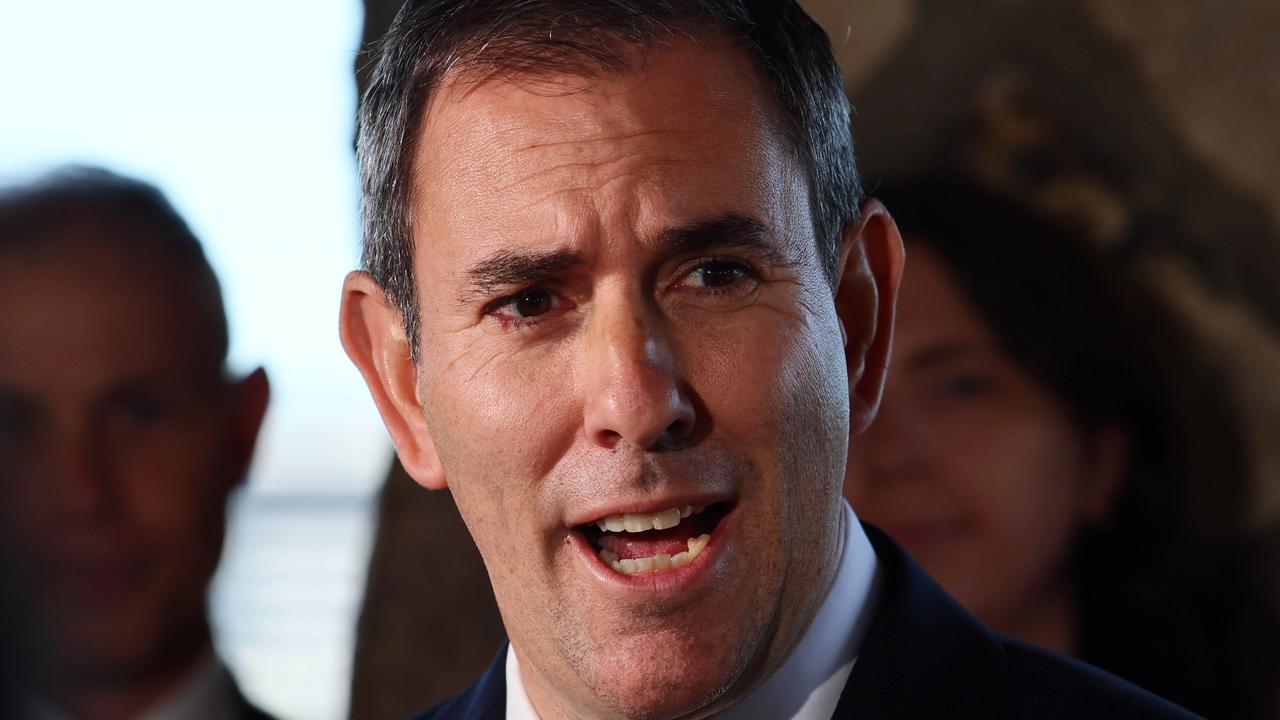Will the carbon tax repeal really mean we get back $550 a year?
SO IT looks like the carbon tax will be axed and we should get an extra $550 a year. The reality is you probably won’t pocket that much. Here’s why.
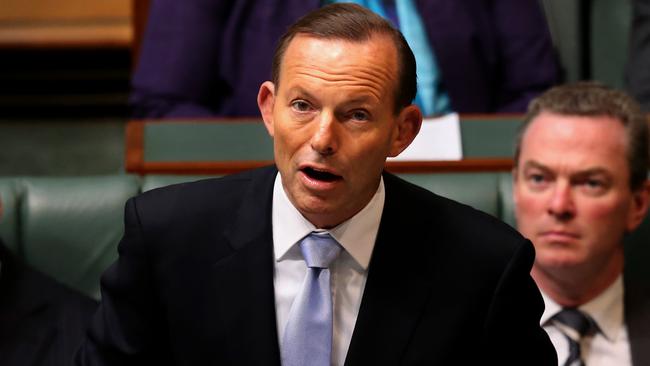
IT HAS been one of the most controversial taxes in Australia’s history and next month it will finally be gone — or so Tony Abbott hopes.
Yesterday Clive Palmer said his Palmer United Party senators would only support the axing of the carbon tax if legal guarantees were in place to ensure energy companies pass on savings to consumers.
But electricity bills are only expected to make up about $200 of the $550 a year in savings the Prime Minister says households should receive from repeal of the tax.
The savings are also expected to impact prices for transport, water and waste management.
But consumers may not see decreases, particularly for waste management and water prices, depending on where they live.
While Mr Abbott hopes to backdate the carbon tax savings to July 1, it could take months for the charges to come off bills, if at all. There is also uncertainty about whether people will get refunds if tax continues to be charged after this date.
COUNCILS WANT TO HANG ON TO THE TAX
At least one council looks unwilling to let go of rate increases tied to the carbon tax.
Brisbane City Council increased its rates by 1.9 per cent to cover the tax but will not say whether it will remove this additional charge if the tax is repealed.
When news.com.au asked yesterday whether the charge would be removed, a spokeswoman responded: “The 2014/15 Brisbane City Council Budget is based on the current legislation, as it has been since 2012 when the carbon tax was introduced. Federal legislation to repeal the carbon tax has yet to receive approval”.
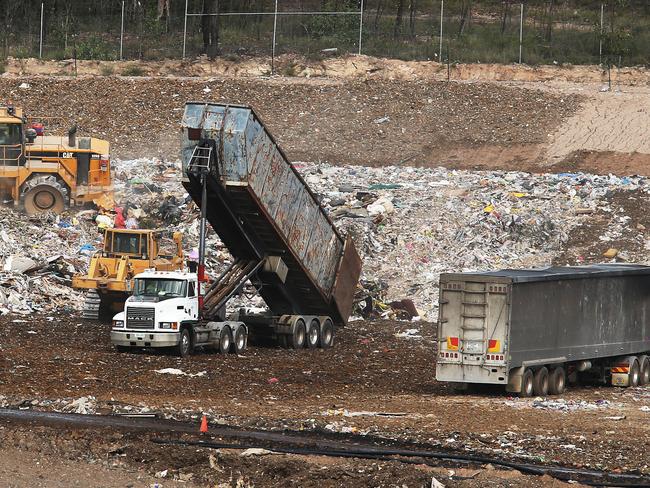
Brisbane was one of 34 local councils identified across Australia as those likely to have to pay the tax, most of them because they manage large landfill sites.
Even if others do stop charging for the carbon tax, the savings may still not reach ratepayers.
Mindarie Regional Council runs a landfill in Perth’s north that several councils use. A council spokesman said it will likely drop the user fee of $7.40 per tonne that it collects to cover the carbon tax, but this saving may not be passed on.
He said other councils that used its landfill site could simply absorb the saving and not link it to the carbon price.
“There would not likely be a line item for the carbon tax because they’re not liable for it, we are,” he said.
“We will likely pass savings on to our customer base but how those customers chose to pass it on to their customer base ... that is up to them, we have no visibility on that.”
IT COULD TAKE YEARS
Removing carbon tax charges are not quite as simple as snapping your fingers on July 1, especially for those organisations that set prices on a five-year basis.
Melbourne Water, which is owned by the Victorian Government, has already set its water prices to include the tax and this is not due to be reviewed until 2017-18.
A spokesman for Melbourne Water said the current pricing period started on July 1, 2013 and covered the next five years.
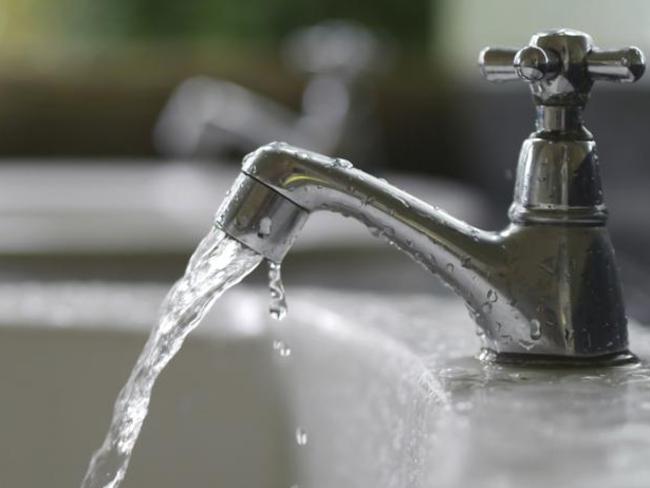
“If costs come down, there is a possibility of reopening the cycle, but it’s only opened on an annual basis ... if there were exceptional circumstances,” the spokesman said.
Under these restrictions, he agreed that price savings could take a while to flush through.
The situation is complicated by the fact that Melbourne Water’s governing body, the Essential Services Committee and its entire regulatory framework, is also under review at the moment.
BENEFITS MAY BE OFFSET BY PRICE INCREASES
Significant increases to electricity prices have already been forecast in Queensland and even if the carbon tax is repealed consumers will be hit with steep rises.
Queensland Competition Authority chairman Malcolm Roberts said prices would increase by $191 if the carbon tax continued. Even if it was repealed, a typical residential customer would face a price a 5.1 per cent rise, costing them an extra $72 in 2014-15.
He said the main factors pushing up prices were wholesale energy costs driven by higher gas prices, the doubling in costs of the Solar Bonus Scheme and network charges.
The electricity sector is not the only one predicting price increases, impacts to waste charges could also vary from state to state.

Max Spedding, director of resource recovery at Veolia, said some state governments were planning to increase their waste levies and this combined with increases to operating costs could absorb much of the benefit of axing the tax.
Veolia provides waste management services in every state in Australia and initially charged up to $25 per tonne for carbon tax. This was reduced by about 50 per cent in 2013.
He said those likely to benefit most from the removal of this charge include residents in Tasmania, Northern Territory and Queensland, which do not have a waste levy.
In other states, the $12.50 drop in price would be offset by price increases. In particular, in NSW, there are plans to increase the waste levy by about $13 from July 1, in Victoria and South Australia there will be an increase of up to $5.
Those in Western Australia won’t see an increase in their levy until January 1, 2015, but it will be a massive $27 jump when it happens.
WHAT IF THE CARBON TAX RETURNED?
Another issue for owners of landfills is that because governments can change, they could still be expected to cover emissions liabilities for 30 to 40 years.
A Mindarie Council spokesman said there was a question mark over what would happen to the millions already collected that had not been spent.
In 2012/13, the council only paid $24 in carbon tax, yet it has collected $1.3 million.
The spokesman said it was difficult to estimate the amount of methane generated from each tonne of waste as it could continue to release fumes for 30 to 40 years.
The carbon tax regulations also assume that the waste does not generate any CO2 or methane in the first year, so most landfill sites did not have to pay much in the first year of the tax.
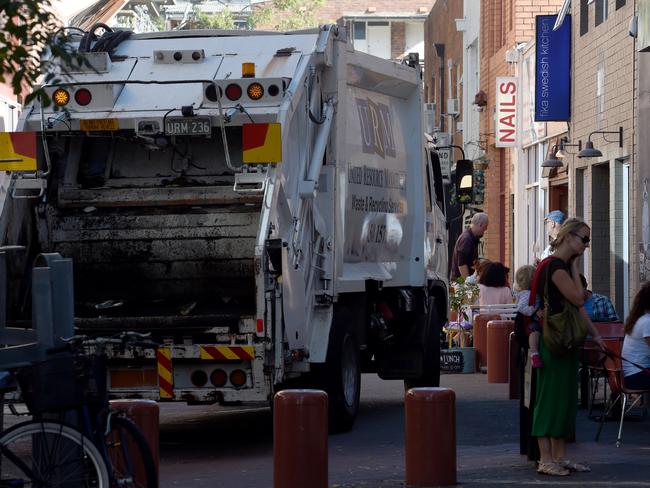
Veolia’s Max Spedding said one lesson that has been learnt by industry is that as governments change, liabilities can return, and the uncertainty is one reason why companies are reluctant to refund money already collected.
And while Veolia has agreed to remove the carbon tax from July 1, not all other companies have done the same.
“Because our emissions cover such a large period, if there is a change of government in three years and Labor reintroduces the carbon price, the liabilities will return, it’s very complicated,” Mr Spedding said.
The City of Newcastle also wants to keep $1.5 million it has collected in carbon tax to cover future liabilities from its landfill site.
“These liabilities include restoration, maintenance, gas and leachate management as well as any potential carbon costs or other legislative changes that may be implemented,” a spokeswoman said. “Council will be required to manage the landfill facility long after the closure of the site and this could be in excess of 100 years.”
The Australian Landfill Owners Association is in talks with the government on how to deal with the unspent funds. A spokesman for the association said while these discussions were ongoing the industry was not in a position to enter a discussion about refunds.
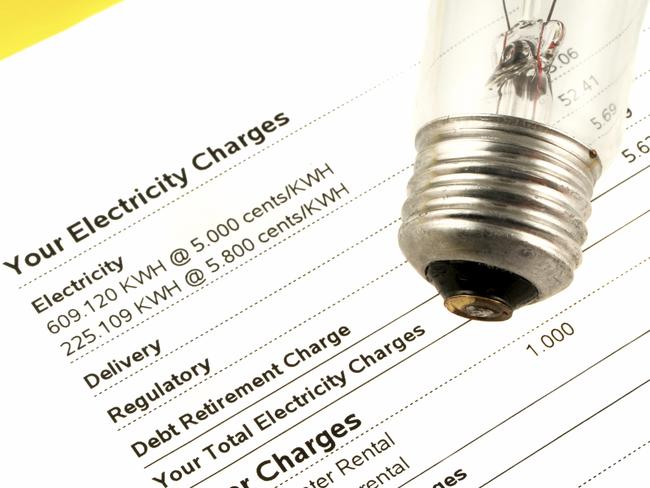
IS IT POSSIBLE TO ACCOUNT FOR EVERY CENT?
The carbon tax repeal is supposed to apply from July 1, even if parliament does not pass it until after this date. But not all electricity companies have agreed to stop charging from this date, or to refund any money collected if the new laws pass later.
The Australian Energy Regulator estimates that carbon costs made up eight per cent of a typical electricity bill in 2012 and once the carbon tax is repealed, prices will be monitored by the Australian Competition and Consumer Commission.
Companies that charge unreasonably high prices or make false statements about the effect of the repeal could face penalties of up to $1.1 million for a corporation, or $220,000 for an individual.
“Infringement notices, injunctions, orders limiting prices or requiring refunds are also available,” an ACCC spokesman said.
But the ACCC will also be relying on competition between electricity retailers to push prices lower.
Whether this will be effective in driving prices down and picking up on every saving for consumers is difficult to predict. The only certainty is that unwinding the carbon tax will be a complex process.



